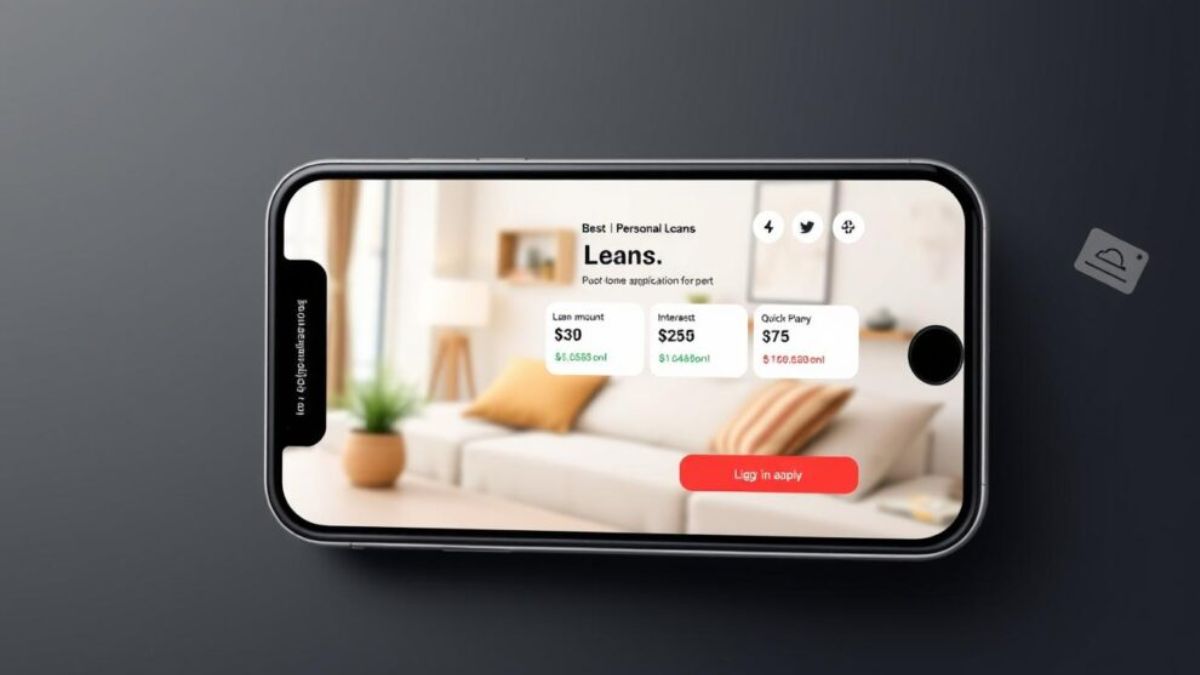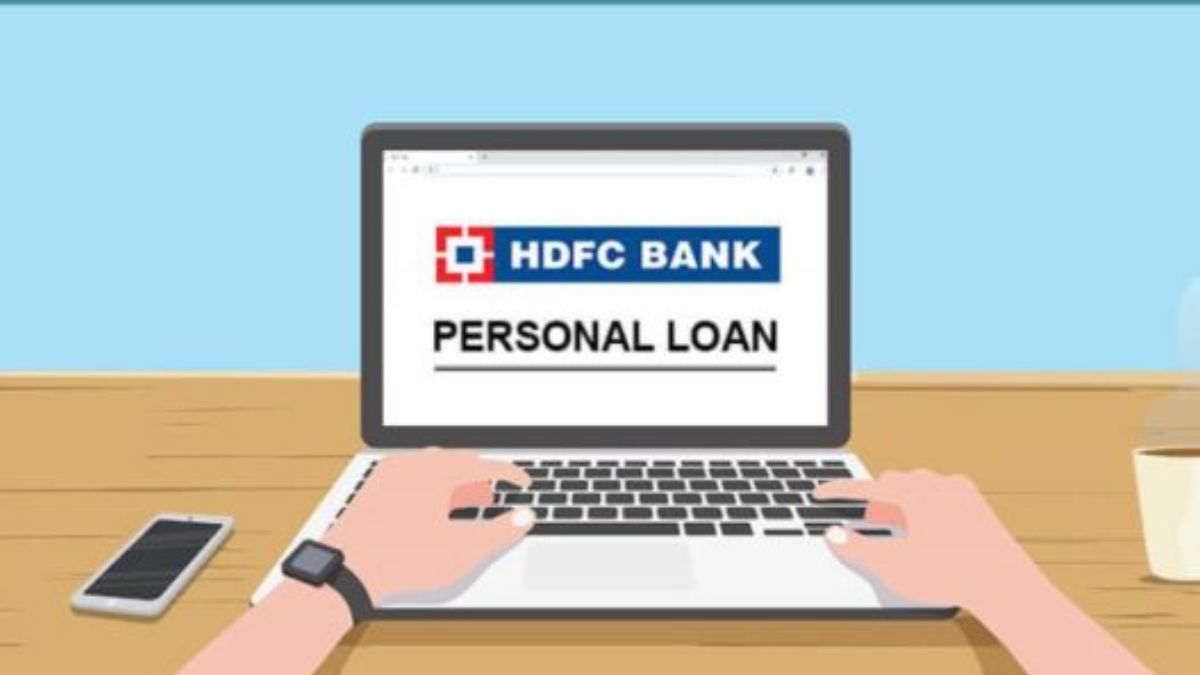Starting a business is both thrilling and challenging. One major hurdle is finding the money to make it happen. This guide will help you get a bank loan for your business. We’ll cover everything from who can apply to how to make your loan application stand out.

Whether you’re new to business or have experience, getting a small business loan can seem tough. But with the right approach, you can boost your chances of getting the funding you need. We’ll talk about the different types of bank loans and what documents you’ll need. This way, you’ll be ready to get the money your business needs.
Understanding Business Loan Requirements and Eligibility
Getting a bank loan for your business means meeting certain criteria. Knowing these rules is key to showing you’re creditworthy. Let’s look at what banks check when they review your loan application.
Credit Score Requirements for Business Loans
Your credit scores, both personal and business, matter a lot. Most lenders want a score of at least 600 to 700. A better score shows you can handle debt well. This can get you better loan terms, like lower interest rates.
Age and Legal Requirements
Banks also look at your business’s age and legal status. They often want at least 6 months to 2 years of operation. Plus, your business must be legally set up and follow all necessary rules.
Industry-Specific Qualifications
The type of business you have can impact your loan chances. Some industries are seen as riskier, so lenders might ask for more or have stricter rules. Knowing what your industry needs can help you make a stronger loan application.
| Requirement | Details |
|---|---|
| Credit Score | Minimum credit score typically ranges from 600 to 700 |
| Business Age | Minimum operating history of 6 months to 2 years |
| Legal Compliance | Businesses must be legally registered and compliant with industry regulations |
| Industry-Specific | Certain industries may have additional requirements or documentation |
Understanding these key requirements can help you prepare better. This way, you can boost your chances of getting the financing you need for your small business.
Types of Bank Loans Available for New Businesses
Starting a new business can feel overwhelming, especially when it comes to financing. But knowing the different bank loans out there can help a lot. Whether you’re starting fresh or growing your business, these loans can give you the money you need.
One great choice for new businesses is the Small Business Administration (SBA) loan. SBA loans have good interest rates and longer payback times. They’re backed by the government, which makes lenders more willing to say yes to you.
Term loans are another common option. They give you a big chunk of money upfront. You then pay it back over a set time with a fixed interest rate. These loans are good for buying big things like equipment or for covering costs early on.
If you need more flexibility, consider a business line of credit. It lets you use money as you need it, up to a certain limit. You only pay interest on what you borrow. This is great for handling cash flow changes or for short-term projects.
Equipment financing is also an option. It helps you buy the machines, vehicles, or tech you need to start. These loans use the equipment as collateral, which is good for businesses with little else to offer.
When picking a business financing option, make sure to look at the details. Check the terms, interest rates, and how you’ll pay it back. Knowing your small business loans options can help you make a choice that’s right for your business.
Preparing Essential Documents for Your Loan Application
When you apply for a business loan, you’ll need to provide a lot of documents. These help lenders understand your financial situation and business plan. Having all your paperwork ready can make the application smoother and boost your chances of getting the loan.
Financial Statement Documentation
Lenders will look at your financial statements. This includes your balance sheet, income statement, and cash flow statement. These documents should show your business’s financial health and ability to make money and manage costs. Make sure they are current and prepared by a skilled accountant.
Business Plan Components
- Executive Summary: A brief summary of your business, including your mission, products or services, target market, and financial goals.
- Market Analysis: A detailed look at your industry, competitors, and the demand for your products or services.
- Operations Plan: A detailed description of how your business operates, including production, supply chain, and management team.
- Financial Projections: A set of financial statements that show your business’s financial health and potential.
Legal Documentation Checklist
- Business licenses and permits
- Articles of incorporation or partnership agreement
- Tax returns for the past three years
- Lease agreements for your business premises
- Proof of ownership or lease for any collateral
Having all the necessary documents and presenting them clearly can greatly improve your loan application. It shows you’re serious about your small business lending requirements and business plan for loan application.
How to Get a Bank Loan for Starting a Business
Getting a bank loan is key to starting a new business. To secure a bank loan, follow these important steps:
- Research Lenders: Look into different banks and financial groups that offer business loans. Compare their loan needs, interest rates, and repayment plans to find the right one for you.
- Prepare Your Loan Application: Collect all needed documents, like financial statements and a detailed business plan. Make sure your application shows your business is creditworthy and has growth potential.
- Present Your Business Case: Create a strong pitch that shows your business’s unique benefits, competitive edge, and financial outlook. Be ready to answer any questions the lender might have.
- Negotiate Loan Terms: After your application is approved, work on the loan terms. This includes the interest rate, repayment plan, and any collateral needed. Try to get terms that work best for your business.
- Follow-up and Maintain Communication: Keep in touch with the lender during the loan process. Be quick to respond to any requests for more info. This builds a good relationship and shows you’re serious about your business’s success.
Remember, getting a bank loan for your business needs careful planning, solid financial documents, and a strong pitch. By following these steps, you can boost your chances of getting the funding you need to make your business dream come true.

Creating a Compelling Business Plan That Banks Want to See
Making a detailed business plan is key when you want a bank loan for your small business. This plan shows your business’s potential and proves you have a clear vision. It also shows you know how to manage your finances well.
Financial Projections and Analysis
Banks will look closely at your financial plans. So, it’s important to give them detailed and researched data. Include income statements, balance sheets, and cash flow statements to show your business’s financial health.
Be clear about your assumptions and back them up with evidence. This will help the lender trust your plan.
Market Research Integration
Good market research is a must for a strong business plan for loan application. Show you know your target market, industry trends, and who you’re up against. Explain how your business stands out and will do well in the market.
Risk Assessment Strategies
Lenders want to see you understand risks and have plans to deal with them. List any challenges or threats to your business. Then, explain how you’ll handle them.
This shows you’re ready for any issues and your small business loan application is well-thought-out.
| Key Elements of a Compelling Business Plan | Description |
|---|---|
| Financial Projections | Detailed income statements, balance sheets, and cash flow statements that demonstrate financial viability |
| Market Analysis | Thorough understanding of the target market, industry trends, and competitive landscape |
| Risk Assessment | Identification of potential risks and well-developed strategies to mitigate them |
“A well-crafted business plan is the key to securing a bank loan for your small business. It showcases your expertise, financial acumen, and the potential for success.”
Understanding Collateral and Security Requirements
Securing a bank loan for your new business means considering collateral. Collateral are assets you offer as security for the loan. If you can’t make payments, the bank can take these assets. Knowing what collateral banks want and how to show your assets can help you get approved.
Banks often want collateral for business loans like your home, car, or other valuable items. They might also ask for small business lending requirements like business equipment or real estate. Your collateral’s value should be more than the loan amount, giving the bank a safety net.
- Make a list of all assets you can offer as collateral, including their market value.
- Learn what each bank requires for collateral, as their needs can vary.
- Show the value and condition of your assets with detailed documentation and appraisals.
- If you don’t have enough assets, look into other options like a co-signer or retirement accounts.
Understanding collateral’s role in small business lending and meeting bank requirements can help you get the financing you need. This is crucial for starting and growing your business.

“Collateral is the backbone of small business lending, and presenting it effectively can be the difference between approval and rejection.”
Building Strong Banking Relationships Before Applying
Having a good relationship with your local bank can really help when you need a business loan. Before you apply for a small business loan, get to know the loan officers. This way, you show you’re serious and responsible, which can lead to a yes on your loan.
Networking with Loan Officers
Try to meet loan officers often. Go to local business events and join community projects. This lets you talk about your business and show you’re financially savvy. Loan officers are more likely to help those they know.
Establishing a Business Credit History
Your business’s credit score is key for getting a loan. Start by opening vendor accounts and paying on time. Also, check your credit report regularly. This shows lenders you’re trustworthy and responsible, boosting your creditworthiness for business loans.
| Tips for Building Business Credit | Benefits |
|---|---|
| Open vendor accounts and make timely payments Monitor and dispute any errors on your business credit report Establish a business credit card and use it responsibly Register your business with credit bureaus | Demonstrates financial responsibility to lenders Improves chances of loan approval Allows for better loan terms and interest rates Strengthens your creditworthiness for business loans |
By focusing on building strong banking ties and a good credit score, you’ll have a better shot at getting a small business loan when you need it.
Alternative Financing Options When Banks Say No
When traditional bank loans seem out of reach, there are other ways to get the funding you need. Look into online lenders, crowdfunding platforms, angel investors, and venture capital firms. Each offers unique benefits that can help your business thrive.
Online lenders are known for their quick approval times and flexibility. They’re great for startups and entrepreneurs. Crowdfunding platforms, meanwhile, connect you with a large network of supporters and investors. This can open up funding from unexpected places.
Angel investors and venture capital firms might be interested if you have a solid business plan and a clear vision. They invest in exchange for a share of your company. While it’s competitive, it can also bring valuable mentorship and connections to help your business grow.
FAQ
What are the credit score requirements for business loans?
Most banks want a credit score of 680 for business loans. But, the score needed can change based on the lender and loan type. If your score is lower, you might need to offer more collateral or show strong financials.
What legal and age requirements do I need to meet to qualify for a business loan?
You must be 18 or older and have a registered business to get a loan. Lenders also check if your business has the right licenses and permits.
What types of bank loans are available for new businesses?
Startups can get SBA loans, term loans, lines of credit, and equipment financing. SBA loans are good for new businesses with little collateral. Term loans give a big sum of money to repay over time. Lines of credit let you use funds as needed.
What documents do I need to include in my business loan application?
You’ll need financial statements like income statements and balance sheets. Also, a detailed business plan and legal documents like licenses and tax returns are required.
How can I improve my chances of getting approved for a business loan?
To get a loan, build strong banking relationships and establish business credit. A well-written business plan helps too. Show your creditworthiness and business growth potential to lenders.







